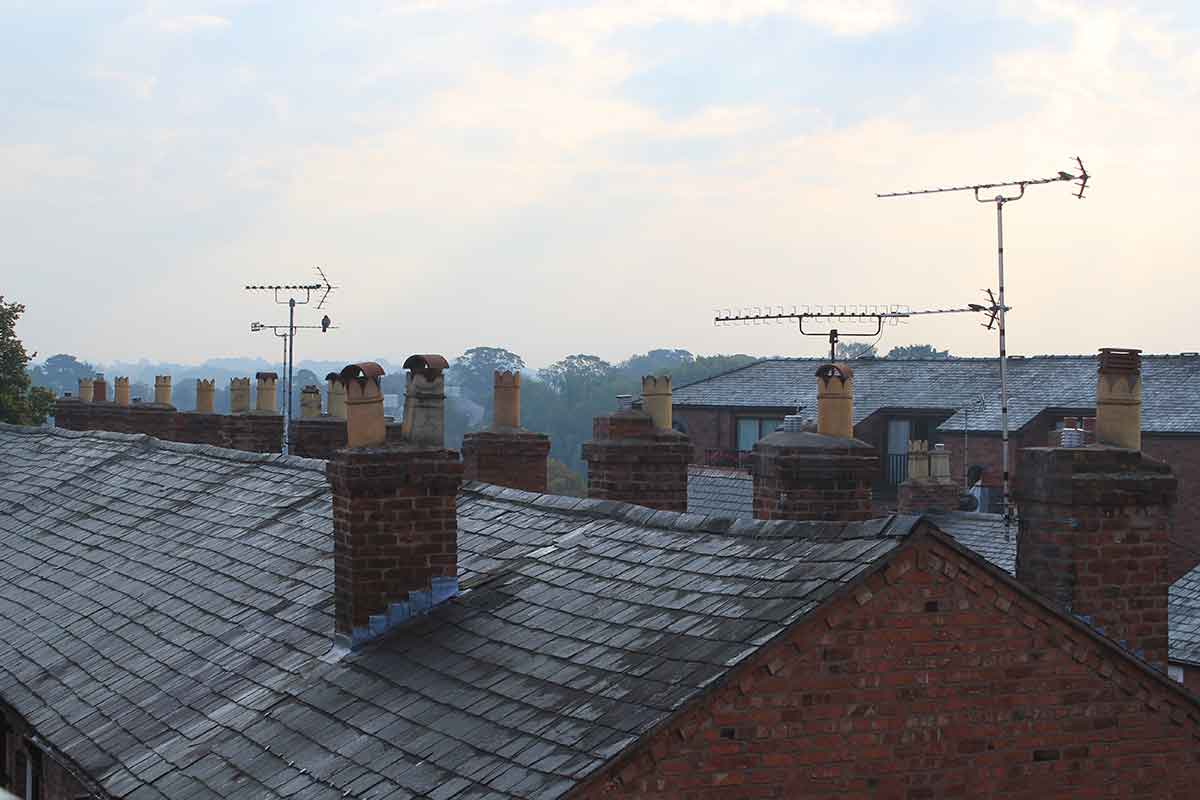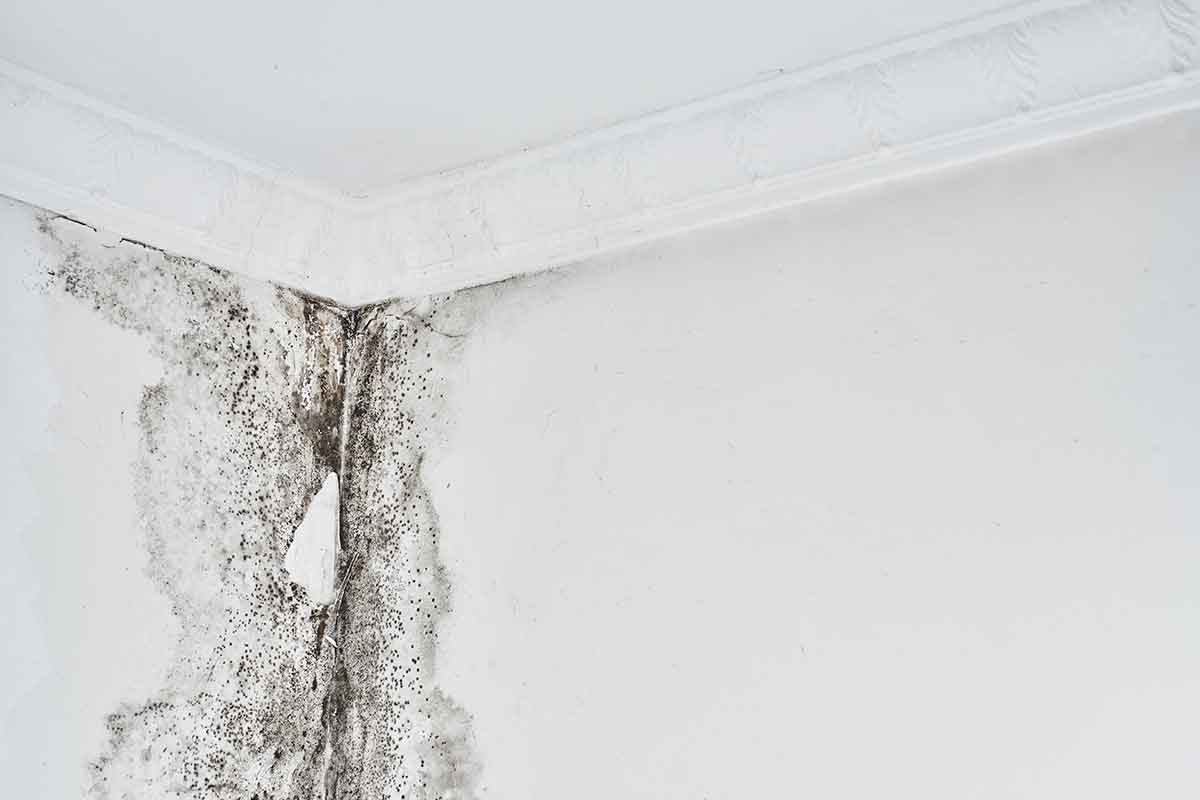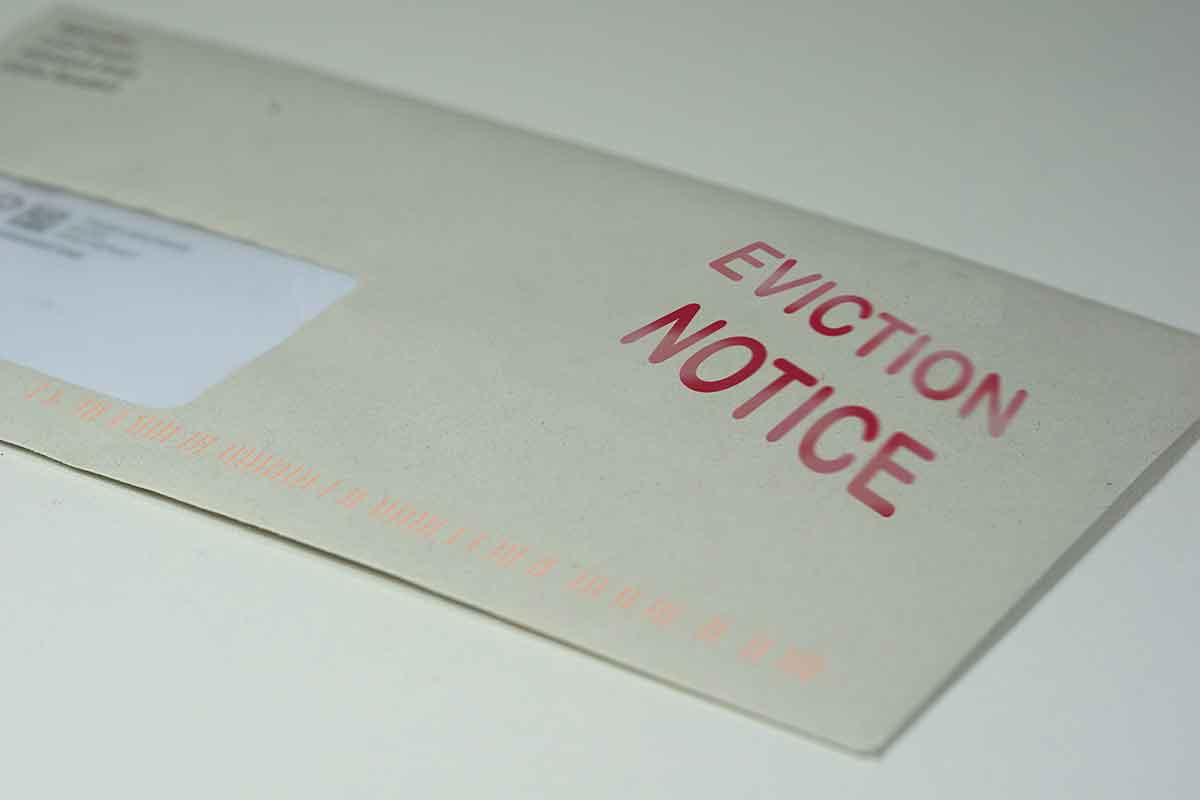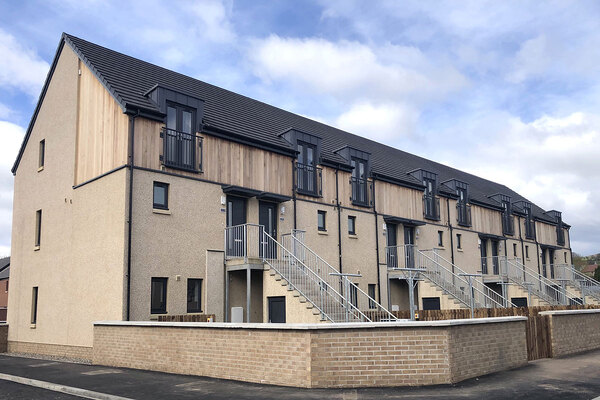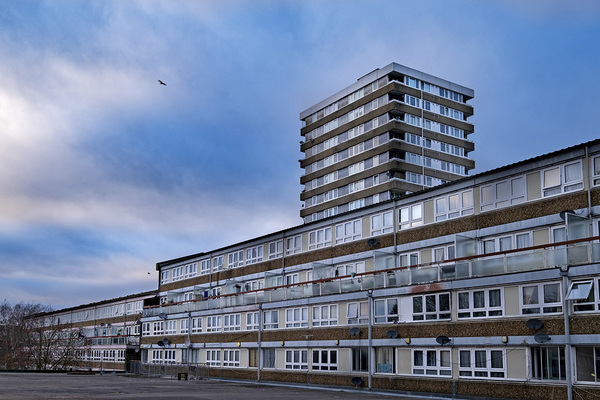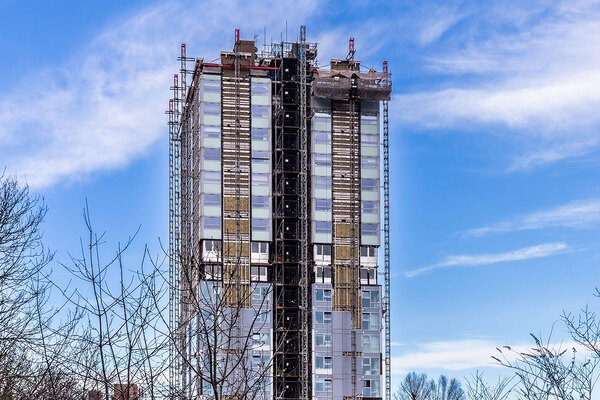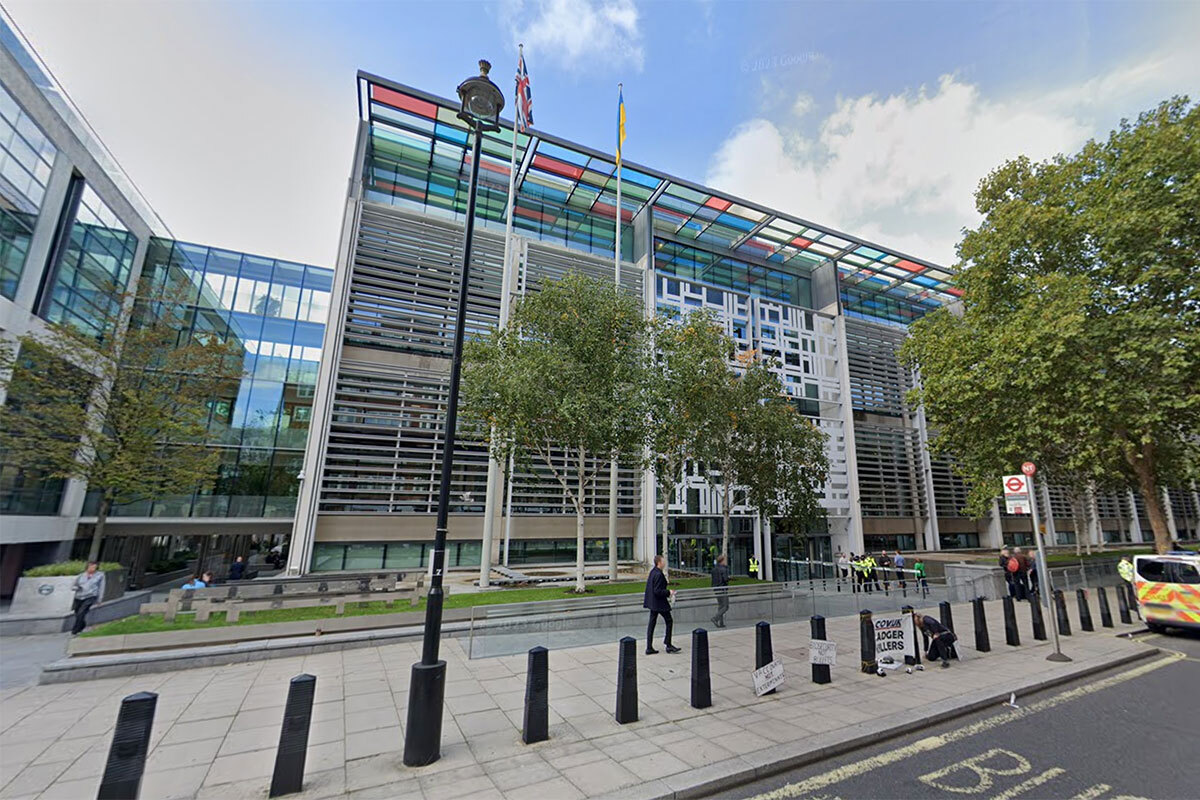You are viewing 1 of your 1 free articles
Disabled resident with chronic health conditions endured leak every rainfall for 15 months
A disabled father and his son suffered leaks in their home every time it rained for 15 months because their landlord failed to fix the problem, the Housing Ombudsman has found.
The case was one of two involving Inquilab Housing Association for which the Housing Ombudsman found severe maladministration, with the second also involving a leak.
Describing the 1,100-home landlord’s complaint-handling as “completely unacceptable”, the watchdog said that it failed to respond to initial complaints and subsequent contact from the ombudsman on both occasions.
As a result, both north London households were forced to live with leaks, causing “distress, inconveniences and frustration”.
In the first case involving the father and son, the father is disabled and has chronic health conditions. He lives with his son who is his registered carer.
The ombudsman said the significant delays in completing repairs to their roof “caused distress, inconvenience and frustration”.
Inquilab failed to provide a complaint response to the resident even after significant contact from the ombudsman, which resulted in a complaint-handling failure order.
The watchdog said the lack of response suggests a failure in administering and monitoring an old email address, “which might also explain why the resident’s original complaint went unanswered”.
It said this was a “serious failing” by Inquilab, which likely meant that considerable contact from other residents also went unanswered.
When it finally did issue a formal complaint response, the landlord got information wrong in its correspondence, “ruining” its opportunity to investigate properly and take steps to achieve a resolution, the ombudsman said.
In the second case, there was a similar story with the unanswered emails from the unmonitored inbox, causing “frustration and delays” for the resident.
The resident, a shared owner, told Inquilab that a leak had caused damage to his flat, but did not receive a response, even when the ombudsman issued the association with a complaint-handling failure order.
In February 2022 the resident told the ombudsman that the leak, which started in April 2021, had come back.
In May 2022, the landlord told the ombudsman that it had not received its emails relating to the case.
The ombudsman ordered the landlord to apologise to both residents and awarded more than £3,000 in compensation across both cases.
In the first case, it ordered Inquilab to review its repairs policy, and for the second case to work with the managing agent to ensure the leak did not return.
Inquilab said it is reviewing and improving its complaints-monitoring process, undertaking regular tenancy audits and improving training for staff.
Richard Blakeway, the housing ombudsman, said: “The lack of responses meant that the resident had to approach the ombudsman to bring a conclusion to these matters. That is completely unacceptable.
“Inadequate resources and processes are at the heart of these failings. These cases also demonstrate the importance of robust policies and key relationships, particularly with third parties like managing agents.”
Inquilab provided statements for both cases, which are included at the end of the article.
Gina Amoh, chief executive of Inquilab, told Inside Housing: “We regret that the ombudsman has made two severe maladministration findings, citing failure to respond to initial complaints and subsequent contact with the ombudsman.
“We take complaints extremely seriously and continue to learn from the outcomes of this investigation and to implement improvements.
“As an organisation which prides itself on quality service, we are extremely disappointed we did not fully support our residents and we are deeply sorry for the inconvenience and upset this has caused them.
“Both these individual legacy cases date back to 2021 during a time of significant change within the organisation. Since then, we have invested in new channels of communications including our new residents app; undertaken a thorough review of our complaints-handling process to make it easier and more accessible for residents; recruited more colleagues to strengthen our resident support and repairs service; and made a steadfast commitment to ongoing staff training to significantly improve our communications response times.”
Inquilab’s statement on each case
First case
We take complaints extremely seriously, and we are sorry that in this case we failed in responding to our resident.
The roofing works have been resolved.
We are committed to improving our internal processes and ensuring that they are as robust as possible, including:
- Ombudsman’s dispute resolution training for our team
- Investing in mobile surveying staff to act as a single point of contact for cases requiring regular contact and liaison with contractors
- Regularly reviewing and improving our complaints-monitoring process, which includes weekly meetings with key staff led by directors of the organisation
- Ensuring clear communication of, and accessibility to, our complaints process and single account email address which is monitored daily
- Undertaking regular tenancy audits to capture the needs of our residents so that we can ensure we offer appropriate levels of service
Second case
This complaint occurred at a time when internal changes were being made to the channels through which we could be contacted.
As a result, some important emails were missed which may have provided an opportunity to resolve our resident’s issues earlier.
We are striving to provide best possible service which includes having complaints resolved within a reasonable period of time.
The issues raised in this complaint have been addressed.
We have learned some valuable lessons from this case and have made improvements including:
- Communicating our complaints email address to key stakeholders and residents, and periodically [testing] the email address
- Improving our complaints-monitoring process which now includes weekly meetings with key staff led by the directors of the organisation
- Increased resource so that we can check our incoming communication daily to ensure that our customers receive efficient, timely and appropriate responses
- Regular review of our freehold and leasehold ownership, managing agent and block management contact details ensuring they are completed and updated in our CRM system
Sign up for our asset management newsletter
Already have an account? Click here to manage your newsletters
